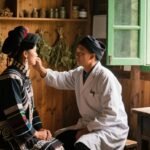Category: Miao Ethnic Medicine
Miao medicine-Mangnabi Guayoka (Kidney Failure)
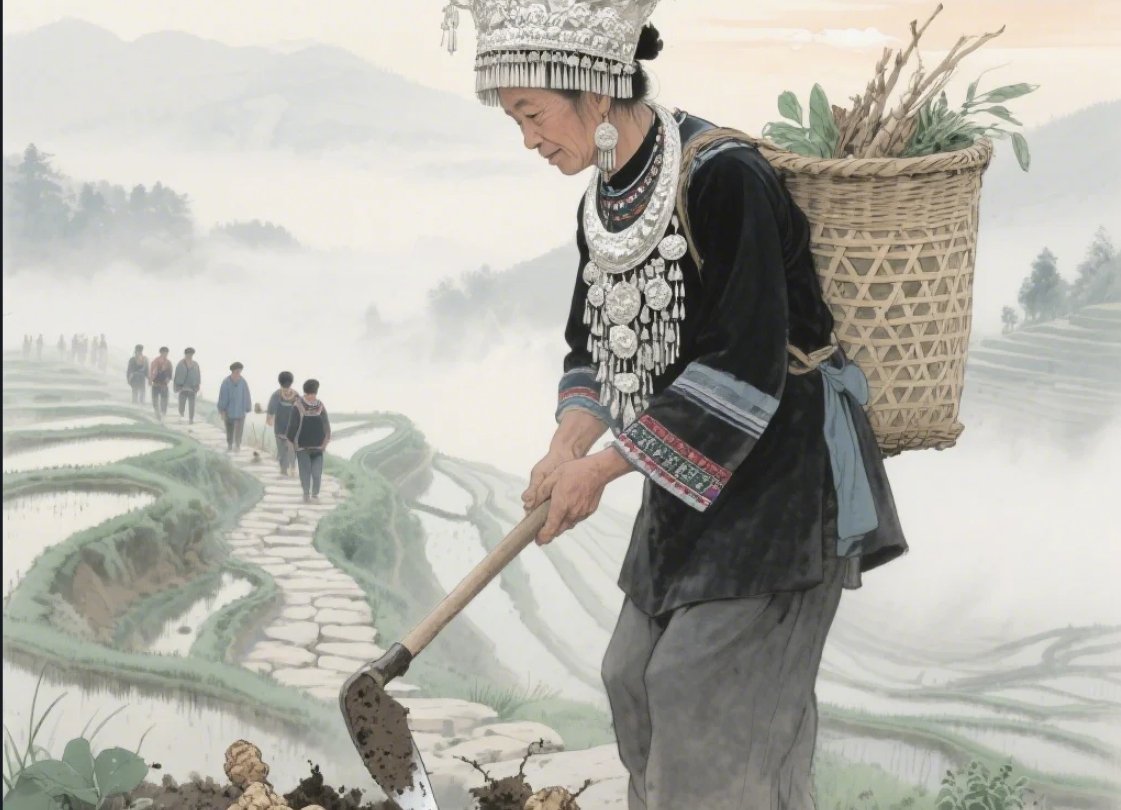
Mangnabi Guayoka (Kidney Failure) OverviewIn Miao medicine, kidney failure is referred to as Mangnabi Guayoka. Conditions such as Puluopubi (edema) and Zhuabingqiangmeng (fatigue-induced injury) are also considered part of this syndrome group. Mangnabi Guayoka can stem from multiple causes, including invasion by wind pathogens, internal damage from improper diet, excessive exertion, loss of blood, body…
Biguagoulang’obilangmeng (Nephritis)
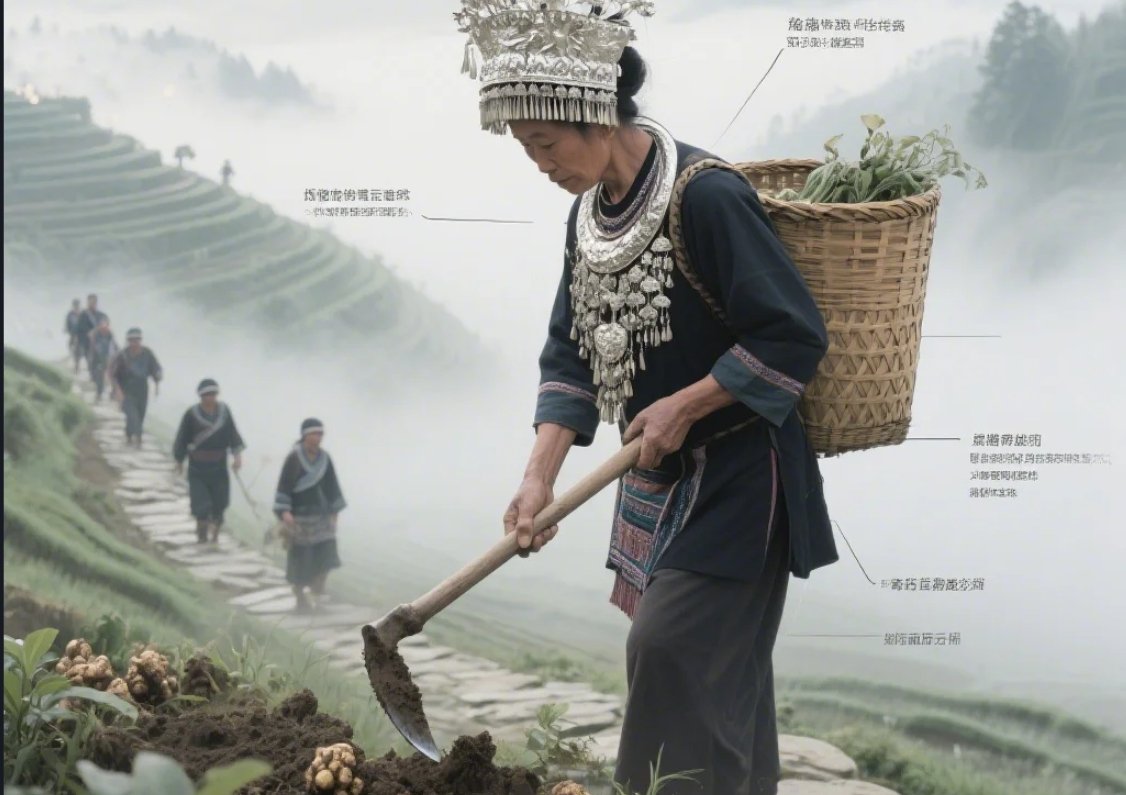
Biguagoulang’obilangmeng (Nephritis) Overview In Miao medicine, nephritis is known as Biguagoulang’obilangmeng. It is believed to be caused by a weak constitution and external invasions of wind, cold, dampness, and heat toxins. Clinical manifestations include edema (especially around the eyelids and face), hematuria, and oliguria. From the perspective of Traditional Chinese Medicine (TCM), nephritis results from…
Geshurang Chuorou (Urinary Stone Disorder)
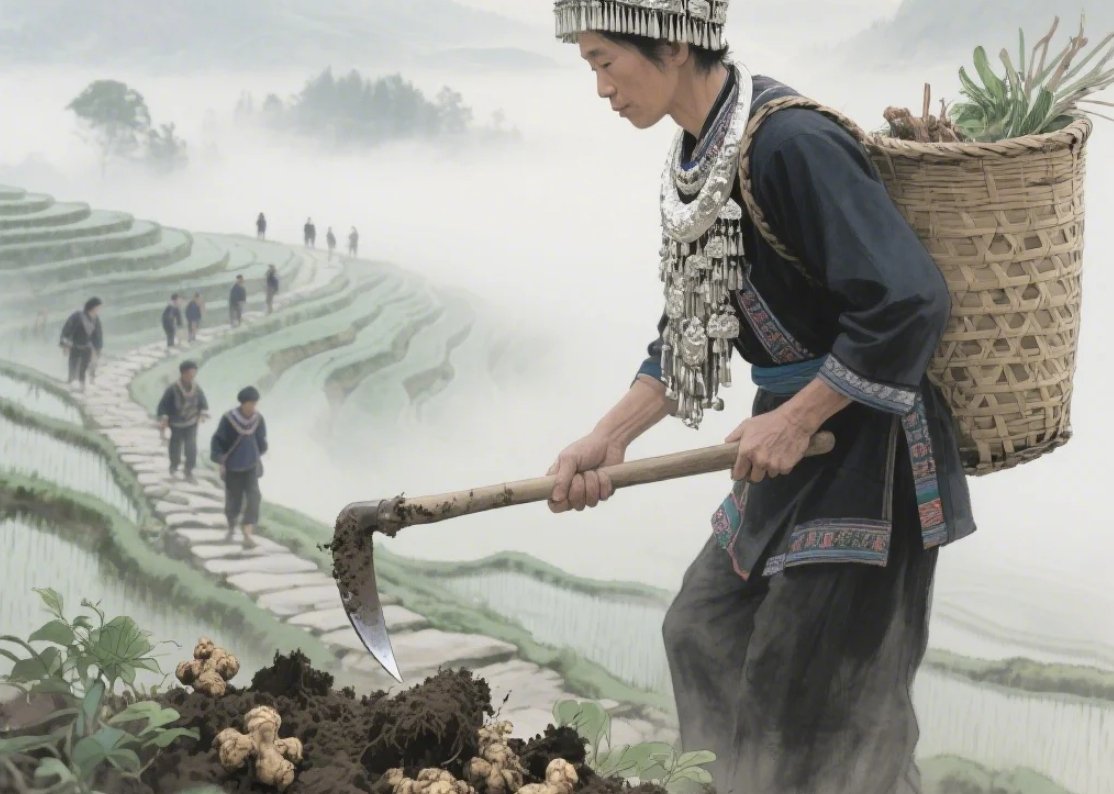
Geshurang Chuorou (Urinary Stone Disorder) Overview In Miao medicine, urinary stone disorder is called Geshurang Chuorou, characterized by interruption of urinary flow due to stones. Patients experience frequent urination, urgency, painful urination, and pain radiating to the lower abdomen, bladder, external genitalia, or inner thigh. In Traditional Chinese Medicine (TCM), urinary stone disease arises from…
Miao medicine-Ouwajia’aluo (Urinary Strangury and Retention Syndrome)
Ouwajia’aluo (Urinary Strangury and Retention Syndrome)[Overview]In Miao medicine, all forms of urination difficulty regardless of cause are collectively known as Ouwajia’aluo, a condition similar to “Long Bi” (urinary obstruction) in Traditional Chinese Medicine (TCM). In TCM, Long Bi is a disorder characterized by impaired transformation of qi in the kidneys and bladder, resulting in difficult…
Miao medicine-Dong’ouwa’ounu (Urinary Strangury Syndrome)
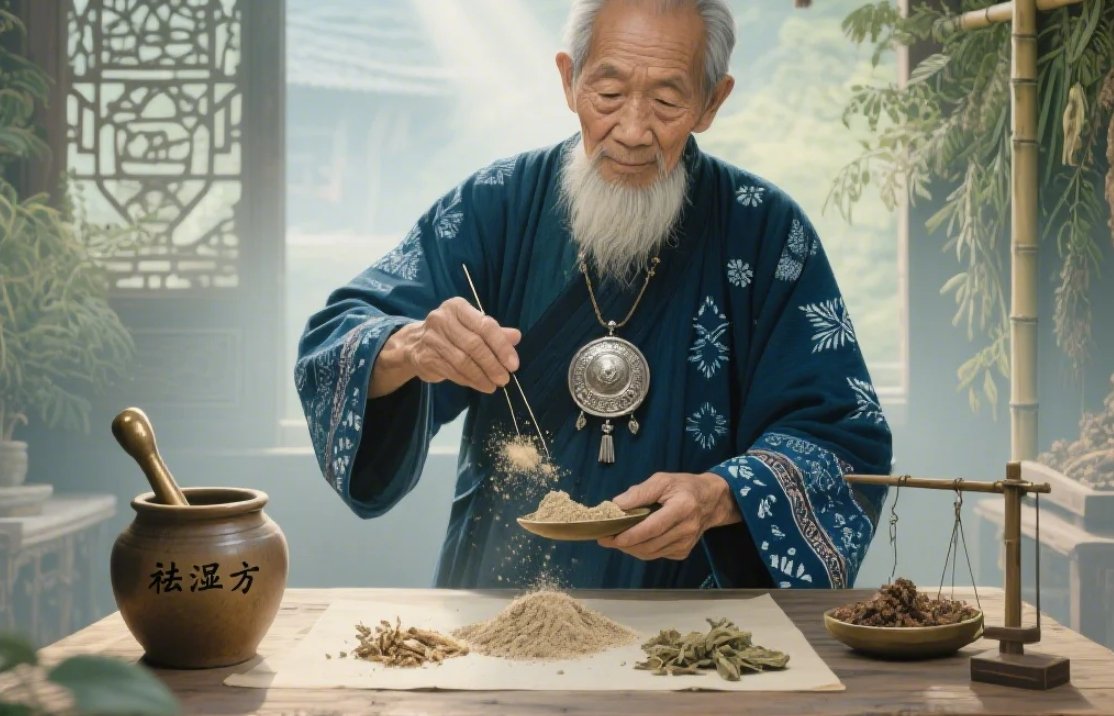
Dong’ouwa’ounu (Urinary Strangury Syndrome)[Overview]In Miao medicine, symptoms such as redness, swelling, and burning pain of the urethra or urinary meatus, along with sharp pain during urination, are collectively referred to as Dong’ouwa’ounu or Xiuwakaina. This condition closely resembles a urinary tract infection (UTI) in Western medicine, but in Miao medicine, it has a narrower scope,…
Miao medicine-Suxiang (Reversed Stomach)
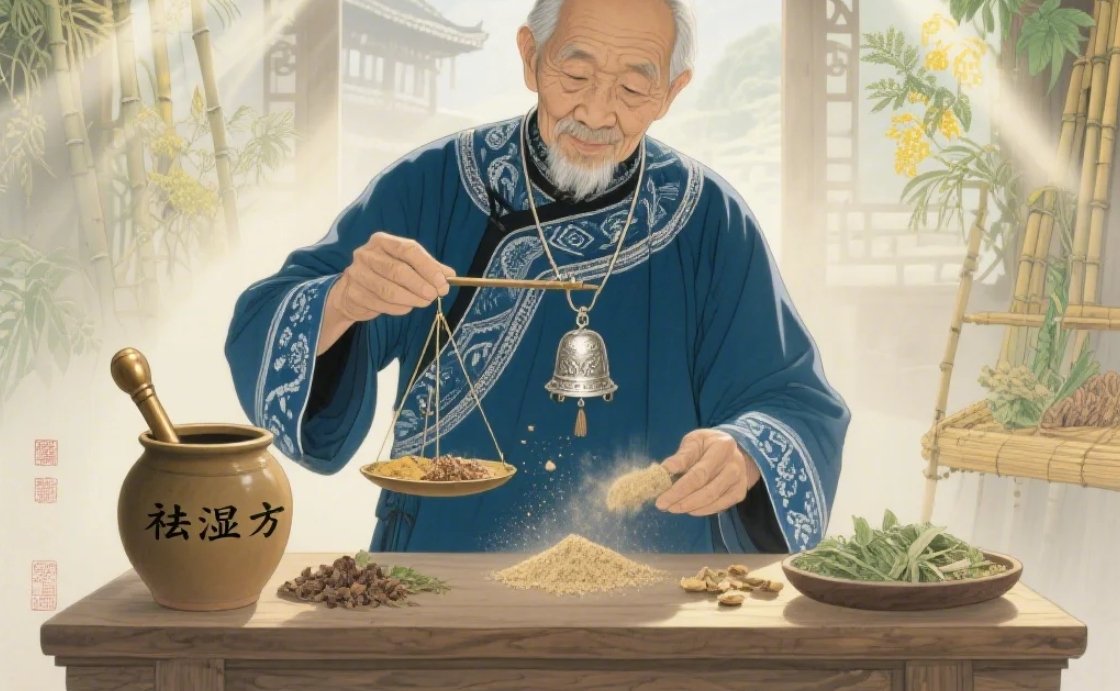
Suxiang (Reversed Stomach)[Overview]In Miao medicine, reversed stomach is referred to as suxiang. Suxiang is a condition in which food enters the stomach but the residual grains are not digested, leading to distension of the upper abdomen. More than four hours after eating, digestion does not occur, and undigested food is regurgitated from the stomach.In Traditional…
Miao medicine-Xiuga Alo (Constipation)

Xiuga Alo (Constipation) OverviewIn Miao medicine, constipation is called Xiuga Alo or Kewo Luo. It arises when large-intestine transit slows—due to aging or weakness, post-illness imbalance, irregular diet, emotional stress, improper medications, or external pathogens—leading to stool accumulation, prolonged intervals, or weak urge without power to evacuate. In TCM, constipation (bianmi) reflects large-intestine dysfunction: stool…
Miao medicine-Xiuga Xiudongxiang (Dysentery)
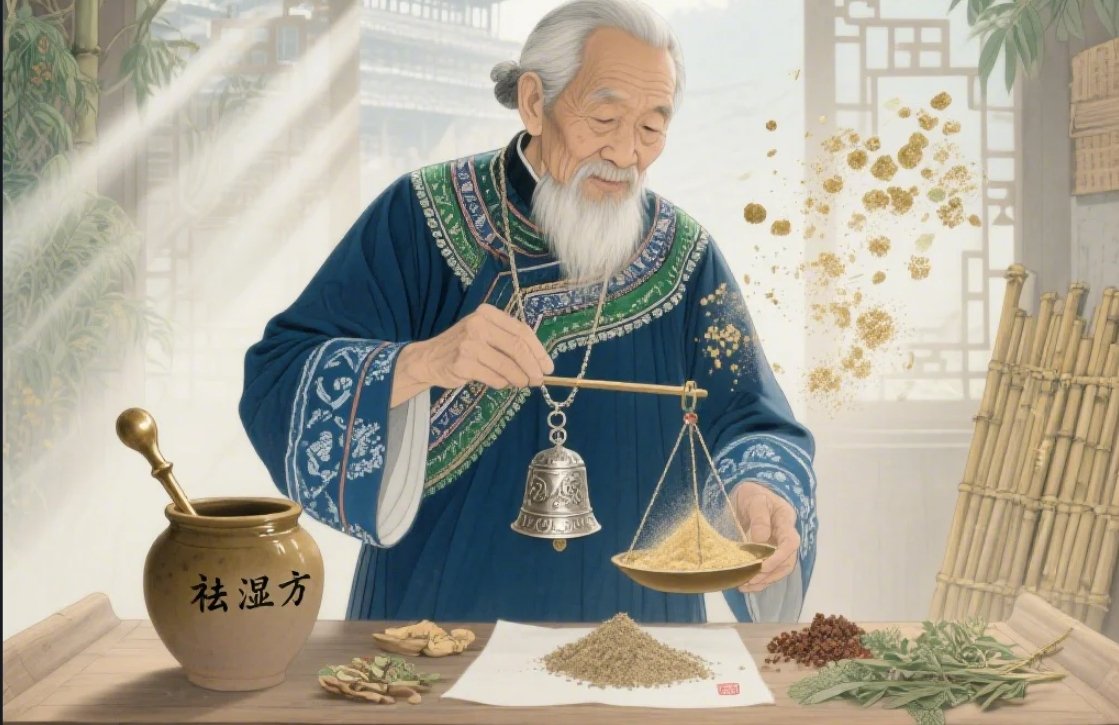
Xiuga Xiudongxiang (Dysentery) OverviewIn Miao medicine, dysentery is called Xiuga Xiudongxiang. It presents as frequent stools, abdominal pain, and passage of blood or white mucus. It arises from contaminated food, poor hygiene, or invasion of damp–heat pathogens that disrupt spleen–stomach qi–fluid balance. In Traditional Chinese Medicine, dysentery involves toxins lodging in the intestines, causing qi–blood…
Miao medicine-Zaga (Diarrhea)

Zaga (Diarrhea) OverviewIn Miao medicine, diarrhea is called Zaga. It arises from irregular diet or invasion of “water toxin” or “heat toxin” that injures the spleen–stomach qi, leading to a disturbance of qi–fluid balance. Clinically it manifests as frequent, watery stools. In Traditional Chinese Medicine, diarrhea (with loose stools) and acute watery diarrhea both fall…
Mengcha·Menggangqiang (Abdominal Pain)
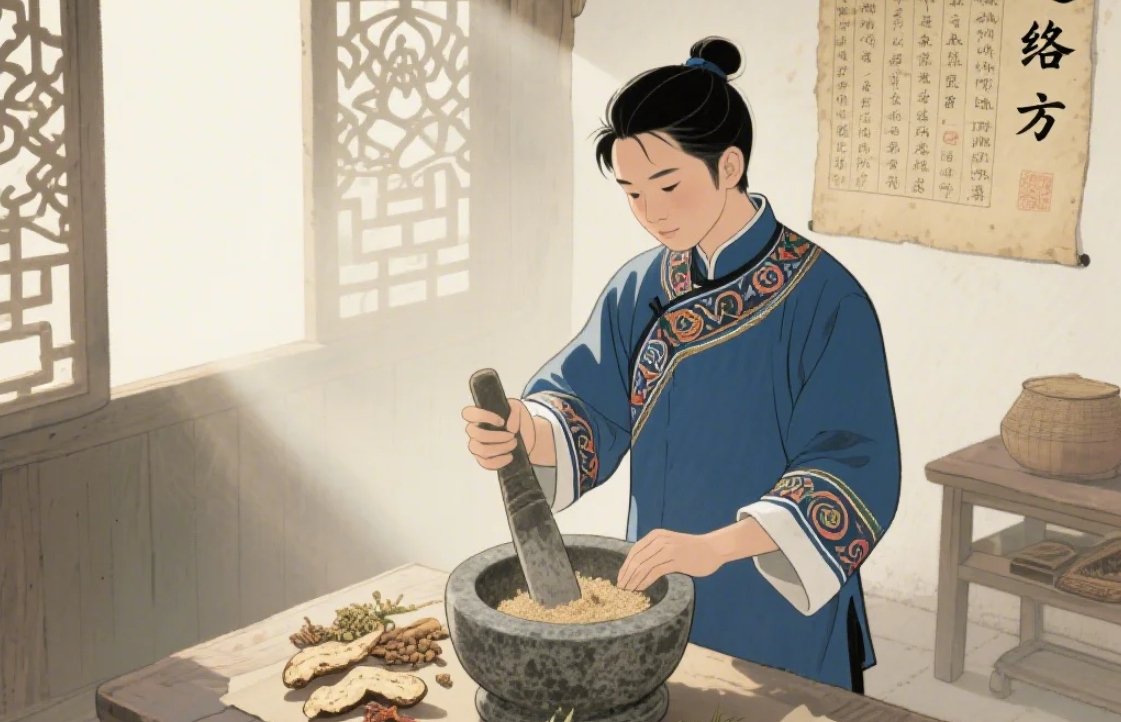
Mengcha·Menggangqiang (Abdominal Pain) OverviewIn Miao medicine, abdominal pain is referred to as Mengcha·Menggangqiang or Jiugagangmeng. Also known as Heili·Baidongbaiyang, this condition arises from damage to the cold meridians resulting in obstructed qi flow and impaired circulation of qi and blood, or from damage to the hot meridians leading to qi stagnation that transforms into fire…
